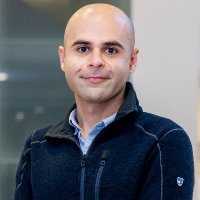
Eghbal Hosseini
@eghbal_hosseini
PhD in computational neuroscience from @mitbrainandcog ; working with @ev_fedorenko
ID: 1514705315484241925
https://eghbalhosseini.github.io 14-04-2022 20:41:56
150 Tweet
535 Takipçi
586 Takip Edilen


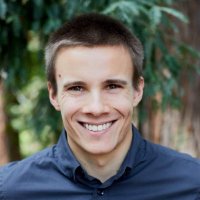
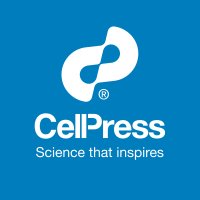
Chickadees activate unique neural “barcodes” each time they hide food. These barcoded #memories then light up in the brain when they retrieve it. More in Cell: cell.com/cell/fulltext/… Columbia University's Zuckerman Institute Selmaan Chettih, Emily Mackevicius, Stephanie Hale, & Dmitriy Aronov
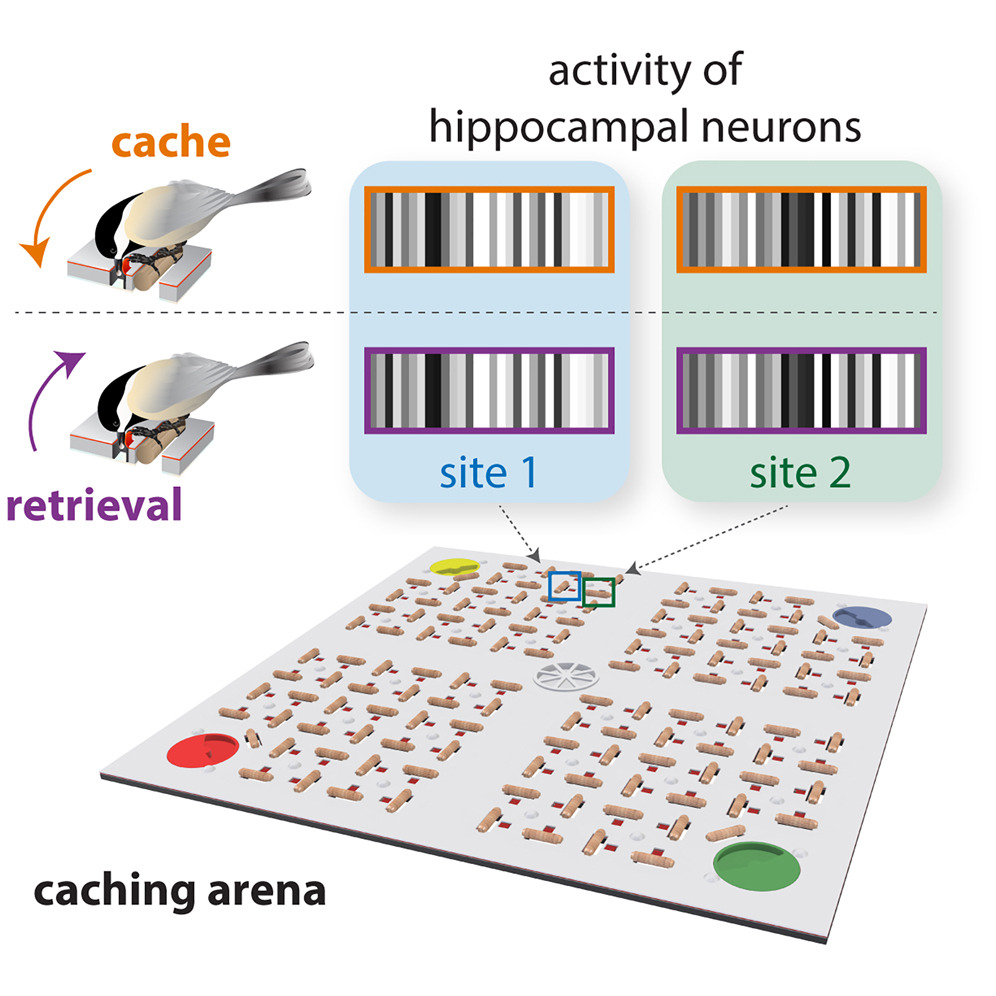
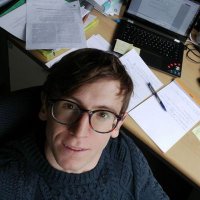
📣 Join us in Analytical Connectionism our summer school on the foundations of higher-level cognition. Join experts from neuroscience, psychology & ML for lectures, tutorials, and a hackathon! Aug 12-23, 2024 in NYC Flatiron Institute New York University [events.simonsfoundation.org/event/e070287e…] 🐭🤖

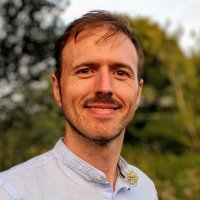
Excited to announce the 2nd Analytical Connectionism summer school! How can we mathematically understand neural network models of higher level cognition? Where: Flatiron CCN, New York When: Aug 12-23, 2024 Info: events.simonsfoundation.org/event/e070287e… Apply by May 17, travel awards available!
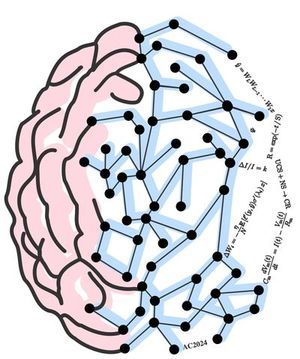
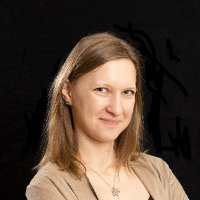

Can a new mash-up of neuroscience, AI, linguistics, and philosophy help us better understand the brain? McGovern scientists weigh in. Nancy Kanwisher @[email protected] Ev (like in 'evidence', not Eve) Fedorenko 🇺🇦 Katharina Dobs Eghbal Hosseini thetransmitter.org/neural-network…

Just out, from Jingyang Zhou and Lyndon Duong at Flatiron CCN and NYU Center for Neural Science Co-existence of Weber’s Law, Steven’s Law, Fechner’s Law (and their generalizations). DOI: 10.1073/pnas.2312293121


We are bursting with pride! Nancy Kanwisher @[email protected] has won this year's The Kavli Prize in Neuroscience for her discovery of a specialized system within the brain to recognize faces. 🥳 MIT Brain and Cognitive Sciences MIT Science mcgovern.mit.edu/2024/06/12/kav…

Delighted to share our perspective piece “Language is primarily a tool for communication rather than thought” now out in Nature: nature.com/articles/s4158… (with long-term collaborators (and friends) steven t. piantadosi and Ted Gibson, Language Lab MIT) 1/n
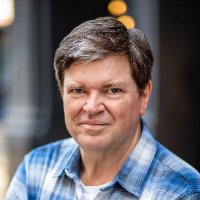

📢Excited to announce the Workshop on Scientific Methods for Understanding Deep Learning #NeurIPS2024 🥳 ➡️Submission Deadline: Sep 10 ‘24 ➡️Speaker lineup: scienceofdlworkshop.github.io ➡️Call for paper: scienceofdlworkshop.github.io/submissions/ ➡️Our ✨Debunking ✨ challenge: scienceofdlworkshop.github.io/challenge/
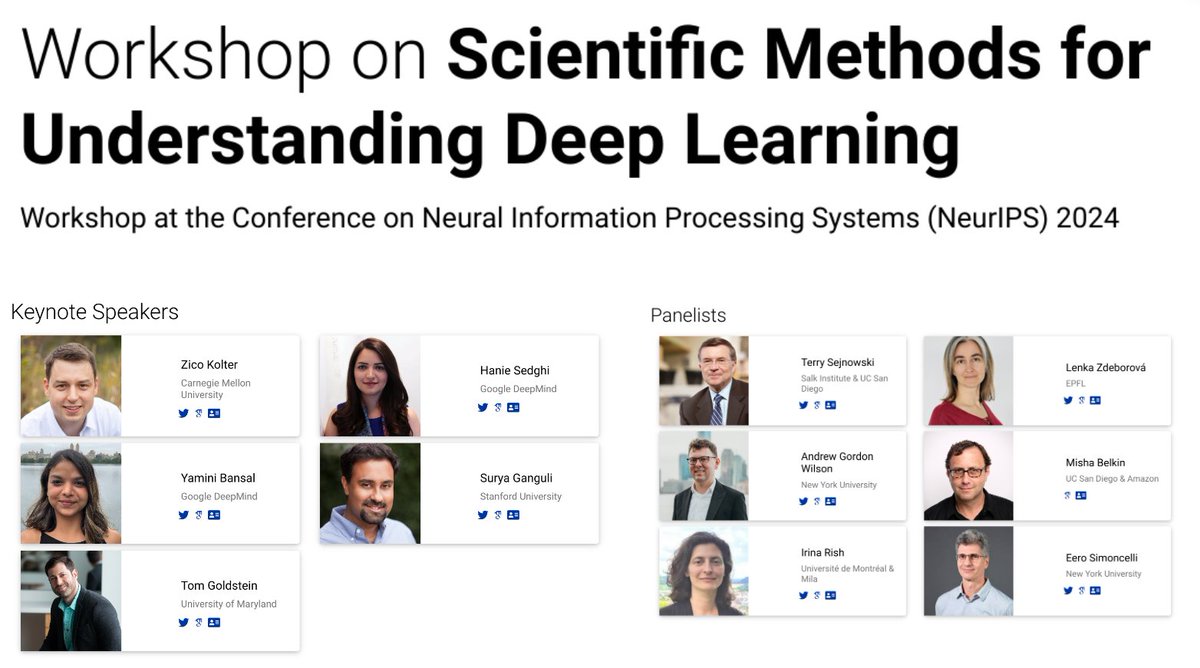
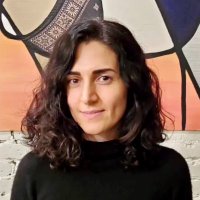

Thanks Nature Rev Neurosci for the chance to clarify that1️⃣the language network is not monolithic (we never said it was, but happy to emphasize); and2️⃣language network boundaries don't depend on a specific 'localizer' and can be recovered from task-free data: tinyurl.com/5y3rhfrh
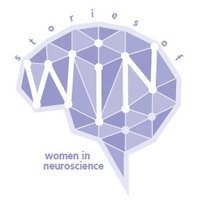
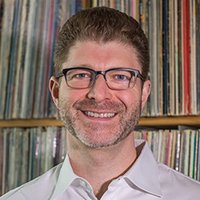

What aspects of human knowledge are vision models missing, and can we align them with human knowledge to improve their performance and robustness on cognitive and ML tasks? Excited to share this new work led by Lukas Muttenthaler! 1/10

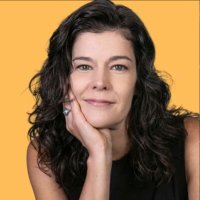
Three cheers to all the award winners, including Eero Simoncelli (Swartz Prize)!!!
